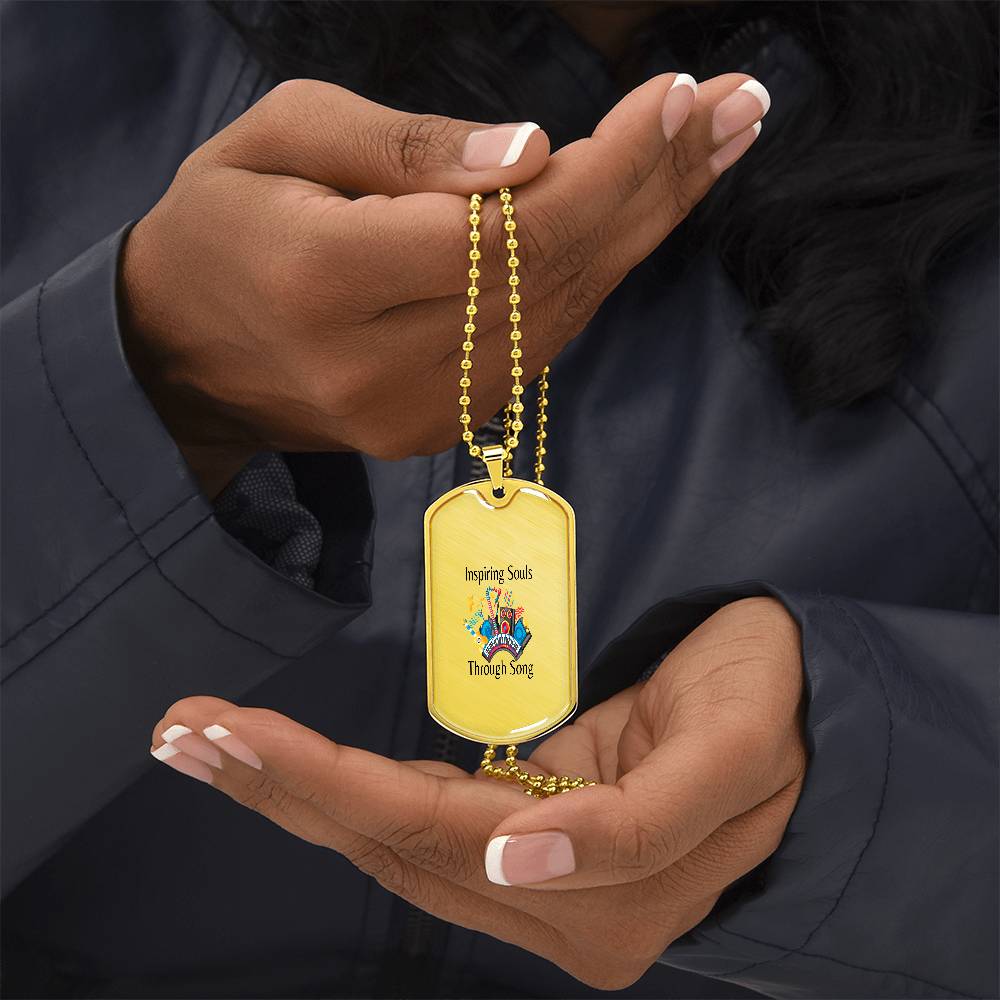
Will Necklaces Rust in the Shower?
Share
Wearing your favorite necklace all day—yes, even into the shower—might seem harmless, but if you're wondering whether that habit could damage your jewelry, you're asking a smart question. So, will necklaces rust in the shower? The short answer is: it depends on the material.
Understanding Rust vs Tarnish
Before diving into materials, it’s important to understand what rust is. Rust specifically refers to the reddish-brown corrosion that happens when iron or steel reacts with oxygen and moisture. Not all jewelry rusts—but some can tarnish, discolor, or degrade when exposed to water, soap, and steam.
Materials That Can Rust
1. Base Metals (Iron, Steel, Low-Grade Alloys):
Jewelry made from iron or steel (unless it’s stainless steel) is prone to rust when exposed to water. If a necklace is described as "costume" or "fashion" jewelry and doesn’t specify the metal type, chances are it contains a base metal that will corrode over time with frequent moisture exposure.
2. Plated Jewelry:
Gold- or silver-plated necklaces usually have a thin layer of precious metal over a cheaper base. That base can rust if the plating wears off, especially in areas that rub against your skin. Once water gets beneath the plating, rust can begin to form on the underlying metal.
Materials That Won’t Rust
1. Solid Gold (10K and up):
Gold doesn’t rust, and solid gold necklaces are generally safe to wear in the shower. However, soaps, conditioners, and hard water minerals can dull their shine over time, so it’s still wise to remove them when bathing.
2. Sterling Silver:
Sterling silver won’t rust, but it can tarnish. Tarnish is a darkening or discoloration caused by exposure to air, water, and chemicals. Showering in sterling silver occasionally won’t ruin it, but over time, it will need polishing.
3. Stainless Steel:
High-quality stainless steel is water-resistant and rust-proof. Many stainless steel necklaces can handle showering, but cheap versions with low chromium content might still corrode or discolor.
4. Platinum and Titanium:
These metals are extremely durable and do not rust or tarnish. They’re ideal for those who never want to remove their necklace, even in the shower.
Tips to Protect Your Necklace
If you’re unsure about your necklace’s material, it’s best to take it off before showering. Moisture, soap, and body oils can degrade not just metal, but also any adhesives used for gemstones. Here are a few care tips:
-
Wipe your necklace dry after wear.
-
Store in a dry, airtight container or jewelry box.
-
Use a jewelry polishing cloth regularly.
-
Avoid exposing it to chlorine, perfumes, and lotions.
Final Thoughts
So, will your necklace rust in the shower? If it's made of iron, steel, or poorly plated metal—yes, it probably will. But if it's crafted from gold, sterling silver, platinum, or stainless steel, you may be in the clear (though some care is still needed). When in doubt, take it off before you lather up—it’s better to be safe than sorry when it comes to your favorite sparkle.
